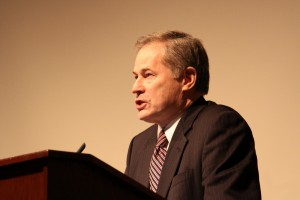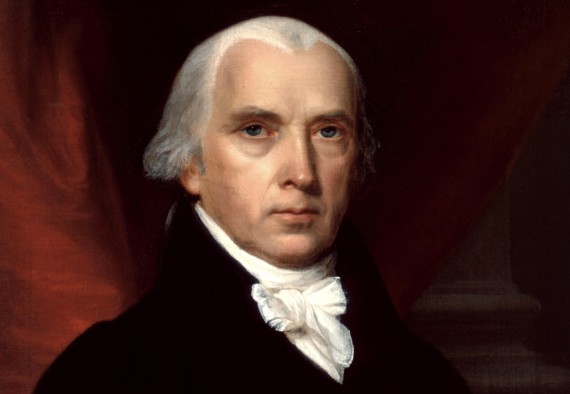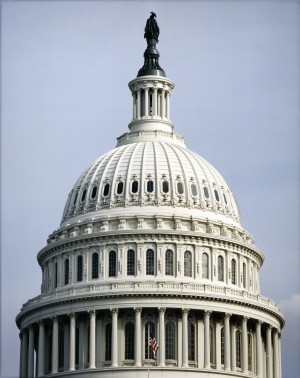Last week Democrat Representative Alan B. Mollohan of West Virginia lost in a primary defeat that indicates the anti-incumbent sentiment is alive and well. Mollohan’s loss comes soon after Utah’s Senator Bob Bennett was stricken from the November ballot in the state’s Republican state convention.
Mollohan is a 14 term veteran who hasn’t faced a serious primary fight in over a decade and was considered unbeatable. Mollohan was dogged by ethics allegations over the past few years and opposition for his vote in favor of President Obama’s health-care bill didn’t help.
Mollohan was a veteran appropriator who took pride in delivering federally financed projects to his state. But voters’ alarm over deficit spending is turning that practice into a liability. With unsustainable debt voters are not buying pork barrel projects and bailouts any more.
See if it is time for your Member of Congress to be retired by perusing The Bailout Page.
Photo Credit: The National Academy of Sciences









